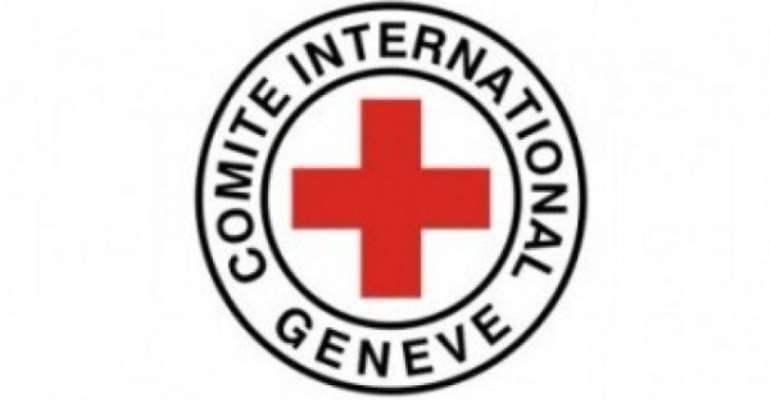Mali: People in north remain dependent on humanitarian aid

GENEVA, Switzerland, June 28, 2013/African Press Organization (APO)/ -- Despite a still fragile security situation, the ICRC and the Mali Red Cross are proceeding with an extensive programme of food aid for half a million people in the Kidal, Gao, Timbuktu and Mopti areas.
People in the northern part of the country continue to bear the brunt of the armed conflict. Many depend on humanitarian aid for their very survival.
"Farmers, stockbreeders and fishermen have been dealt a severe blow by successive food crises and droughts, and by the armed conflict that began in January 2012," said Jean-Nicolas Marti, who heads the ICRC's regional delegation for Mali and Niger. "There have been almost no harvests, and reserve supplies have been exhausted. In these circumstances, it's hard to market food products or find something to eat without outside help."
In May, the ICRC distributed 540 tonnes of food to some 30,000 people in the Kidal area, and also provided food for nearly 11,000 displaced people in Tinzaouatène and Talhanzak.
"If this situation continues, the resident population could become more dependent on humanitarian aid, and that would be very worrying," said Mr Marti.
In northern Mali, more than 420,000 residents and around 24,000 people who have been displaced by the conflict or who have returned to their home villages have been given more than 15,000 tonnes of food items such as rice, millet, wheat meal, beans, cooking oil and iodized salt to tide them over during the lean season between harvests.
"Distributions of food, seed, fertilizer and farming tools by humanitarian organizations are sometimes made difficult by the unstable security situation in the region," said Mr Marti. "This is severely hindering a recovery of trade and other economic activity. Urgent action is needed."
Livestock vaccination and treatment have also suffered from the situation. The resumption of hostilities prevented stockbreeders from taking advantage of ample fodder production and the grazing opportunities arising from abundant rainfall in 2012. "Livestock migration routes are not safe. Herders have to go to areas where they do not usually graze their animals," said Mr Marti. Displaced people, some of whom are accompanied by their livestock, have been putting further strain on grazing resources around the villages where they are temporarily living. Since displaced people cross national borders, the ICRC and the Red Cross or Red Crescent societies concerned are on the scene in neighbouring countries providing assistance.
Since January the ICRC, in cooperation with the Mali Red Cross, has:
● distributed over 670 tonnes of improved rice and sorghum seed, and inputs for vegetable farming, to more than 120,000 people belonging to farming families in order to relaunch, enhance and diversify grain and vegetable production;
● distributed over 400 tonnes of animal feed to some 30,000 people from stockbreeding communities in order to improve livestock diet during the 2013 lean season in grazing areas;
● vaccinated over two million head of cattle, sheep, goats, camels and donkeys to preserve livelihoods and provide an economic boost for more than 300,000 people;
● provided over 400 stockbreeders from 80 cooperatives with training in animal health care, the management of grazing resources, and other areas of expertise;
● distributed more than 3,500 sets of household items such as tarpaulins, insecticide-treated mosquito nets, sleeping mats, blankets, kitchen utensils, buckets, clothing and hygiene items for over 21,000 people;
● provided people from more than 2,800 households with opportunities to increase their income through paid community-service work and other income-producing work.
